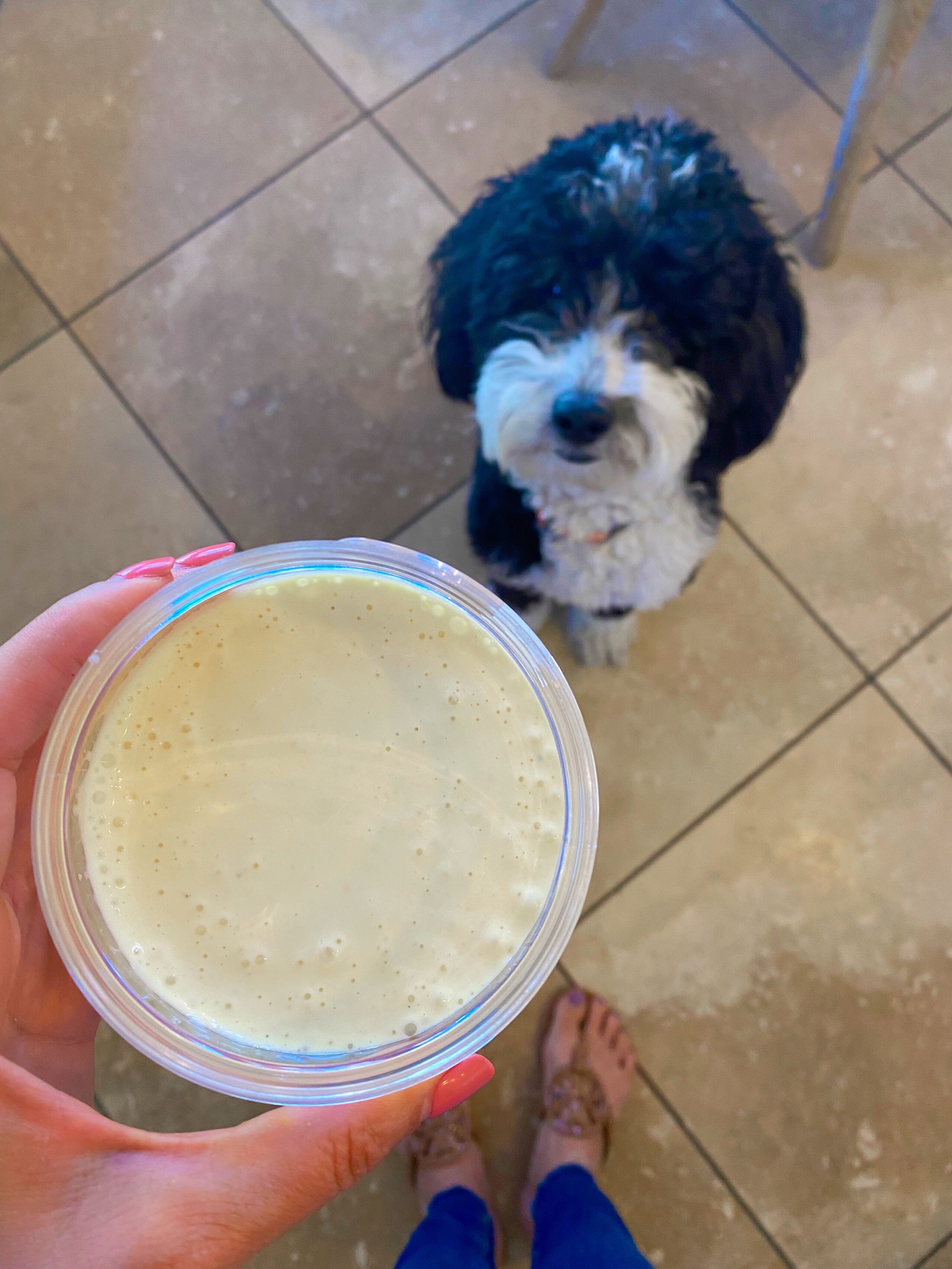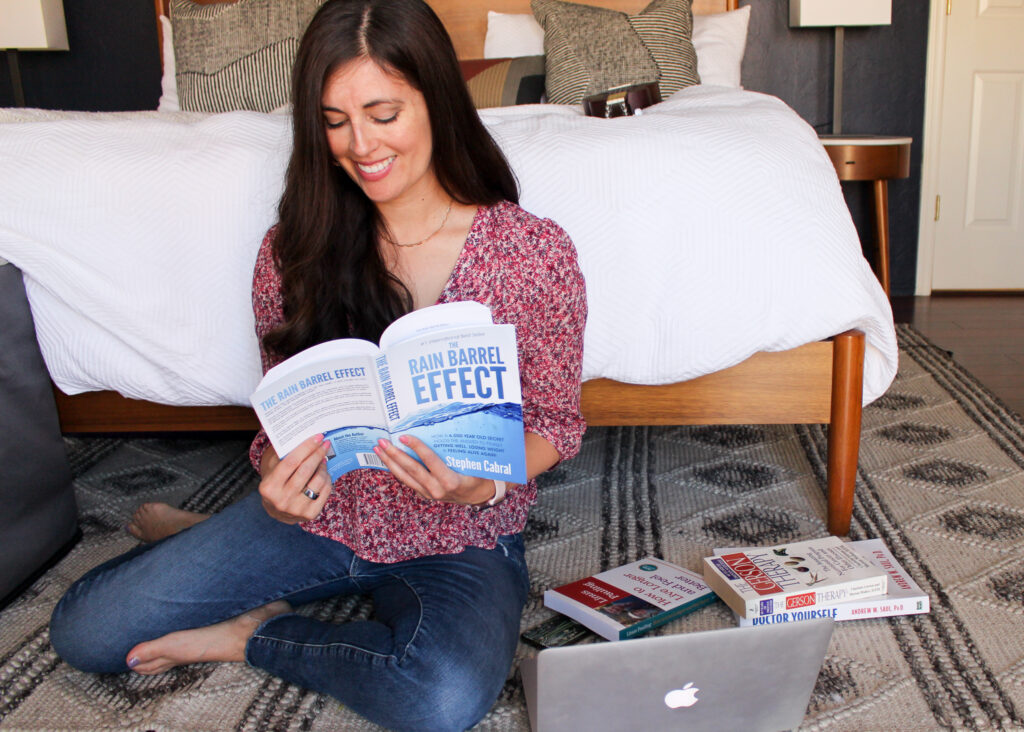
[ad_1]
Feeling very hungry after your workout? Regular workouts can boost your metabolism and increase your hunger.
Although the effect of exercise on post-workout food choices has been scientifically proven, it shouldn’t serve as an excuse to pig out afterwards on burgers, fries and pizza.(1,2) We often overestimate the number of calories burned and we end up eating more after the gym than our bodies need to build muscle. Or we eat the wrong things.
So how can you avoid binging after your workout? Check out these 5 expert tips:
Hungry After Workouts? 5 tips to Stop Binging
1. Think twice about the calories you burned
Did you really burn the same number of calories as there are in a big bowl of ice cream on your leisurely 5K run?
We usually underestimate the calories consumed through food and overestimate the number of calories burned by exercise. Stay realistic when it comes to choosing post-workout foods.
Of course, there is nothing wrong with having ice cream once in a while. But a full meal with complex carbohydrates, high-quality protein and good fats is a better choice after a hard workout. Or how about a healthy post-workout snack?
Need more ideas on what to eat when you’re hungry after a workout? Check out this nutrition guide for runners.
Don’t forget that those who take their time and enjoy their food tend to consume fewer calories!
2. Ask yourself: Am I really hungry?
After every workout, ask yourself the question: “Am I really hungry?” If you can’t answer this question with a definite “yes,” maybe you forgot to drink enough water during your workout.
We often mistake sensations of thirst for hunger. So, before grabbing a snack, drink a big glass of water and see how you feel afterward.
Is your tummy still growling? Then you should definitely eat something. After a short training session, all you need is a 150-200 calorie snack like a Greek yogurt or a handful of nuts. If you worked out longer or were lifting weights, you’re going to need something a little more filling.
3. Eat your meals regularly
If you really are very hungry after workouts, then perhaps you haven’t eaten enough during the rest of the day.
Regular meals help keep your blood sugar level constant. Thus, there is far less danger of overeating after exercise. How often you should eat depends entirely on your personal goals.
One way of making sure you are satiated is to eat protein-rich foods (lean meat, fish, dairy products, nuts, legumes, etc.) with every meal. A study was published in the American Journal of Clinical Nutrition that examined the effect of protein on weight management and satiety. The researchers found that protein was more satiating and satisfying than carbohydrates and fat. In this study, this led to a reduction in energy consumption and thus to weight loss in the participants.
Want to learn more? Find out how much protein you really need after a workout.
4. Schedule your workouts smarter
If you always feel hungry after a workout, then simply make sure to schedule exercise before one of your main meals.
It doesn’t matter whether you prefer to exercise before breakfast, lunch or dinner, smart planning gives you the chance to replenish your energy stores with a wholesome meal. That way you won’t need to eat any extra snacks, and thus additional calories, between meals.
5. Don’t work out just to “earn calories” you can eat later
We often torture ourselves with workouts we don’t really enjoy. We spend the entire time thinking of the sweet rewards awaiting us afterward.
Try to change your way of thinking. Find an activity you like to do—it doesn’t matter if it is running, biking, bodyweight training or yoga. Exercise should be your body’s reward, not food.
The most important thing is to listen to your body. If you are hungry, don’t ignore your growling stomach. Learn to interpret your body’s signals with intuitive eating and fill up your energy stores with a balanced meal.
If you want to do something good for your body, then keep it fit and healthy!
***
[ad_2]
Source link








